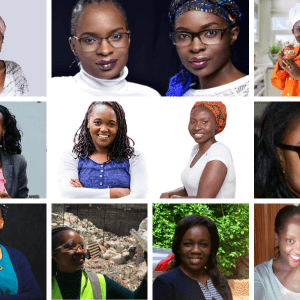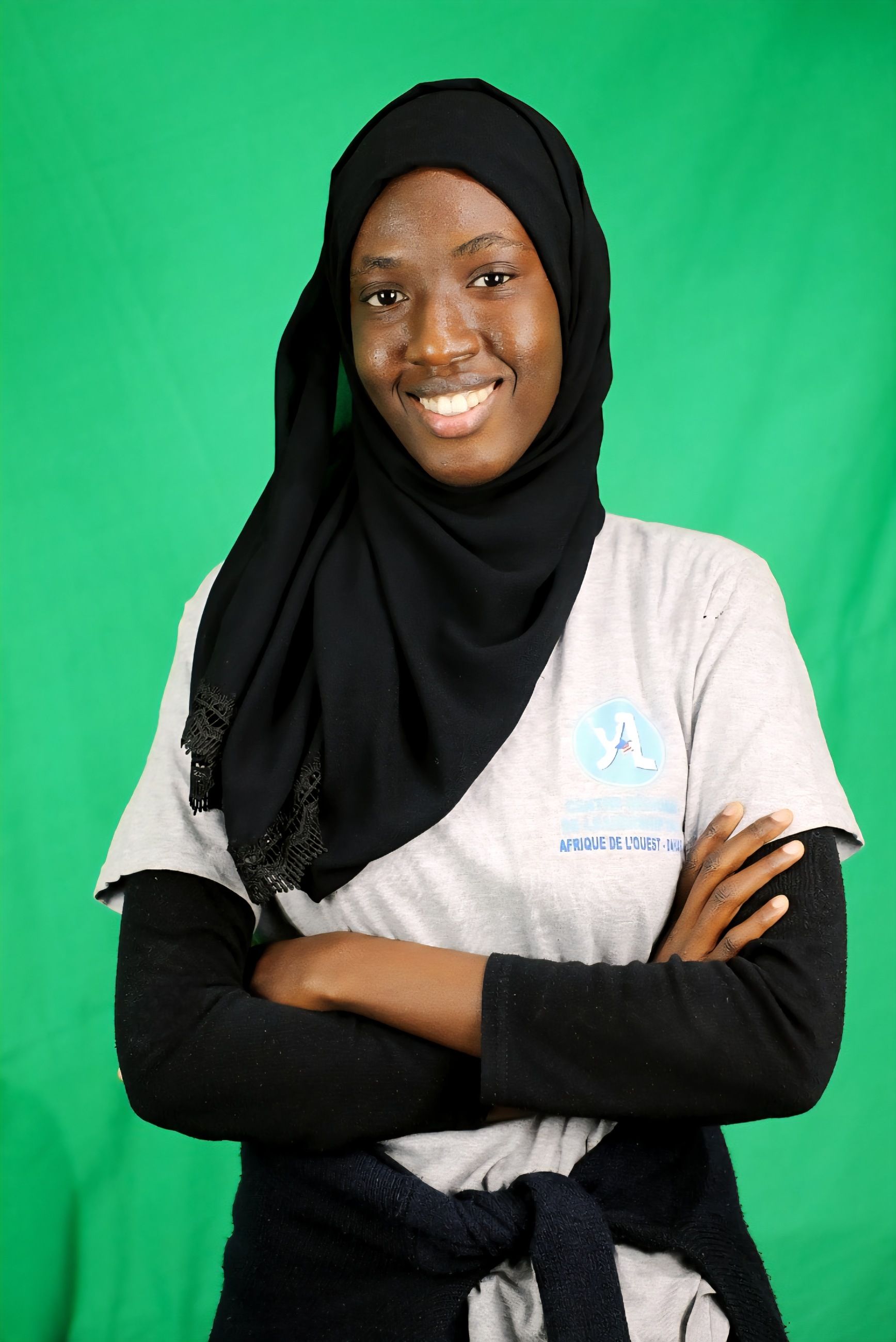[bctt tweet="The road to entrepreneurship is often a treacherous one with roadblocks and dead ends, sleepless nights, plans that don't work out, funding that doesn't come through and customers that never materialize- Naom Monari, Founder, Benacare" username="QaziniKenya"]
Coming up with a business idea is the easy part. Executing the idea is the brave part. Sustaining it is the hard part; harder still if you were born female.
Female-led startups have it harder
While it’s true that women have made great strides in a domain traditionally dominated by men, there is a myriad of challenges they still face that are not common among their male counterparts. Access to capital is just one of them. In 2018, female-led startups in the US accounted for only 2% (USD 1.9 billion) of the overall USD 85 billion raised from venture capital funding, even though women own 38% of businesses. In contrast, 79% of that funding went to all-male teams. In the European context, 93% of companies backed by venture capital went to companies with all-male founding teams.
The problem becomes even more pronounced for female-led start-ups in Africa that mostly rely on banks to fund their ventures. Typically, banks in Kenya require collateral for loans and in many Kenyan cultures, women are not allowed to own property. They can not use title deeds in the process of acquiring bank loans, and yet, every start-up requires capital to get started. This effectively relegates theirs to small scale projects with limited prospects to scale.
More and more financial institutions are waking up to the realities this problem presents, and are devising solutions to help women along the path of becoming successful business owners. Standard Chartered Bank is one such institution.
Since 2017 the bank has, in partnership with Strathmore University’s iBiz Africa, been supporting female-led startups to grow their businesses through the Women in Tech program.
Each year, the Women in Tech incubator programme selects 10 promising female-led startups that are leveraging on technology and connects them with a variety of tools and resources that can help them refine and grow and their businesses. These include mentorship and coaching sessions, networking opportunities, access to investor forums and seed capital. At the end of the 4-month long incubator programme, the 10 teams prepare and deliver final pitches to a panel of judges, which then selects 5 teams, each of which is awarded Kshs 1 million in seed funding.
We caught up with the founders of the 10 female-led startups that made the cut for this year's cohort:

Pamela Muriuki is the founder and CEO of Gift Chain Africa Limited, a fintech company that aims to transform the retail landscape in Africa by eliminating inefficiencies around processes in the sector.
A data scientist and enthusiast tech-prenuer with a sharp focus in retail business development, Pamela began to appreciate the key pain points in the retail industry after having worked in it for 5 years. This motivated her to come up with solutions that would benefit both the retailer and end consumers. Gift Chain Africa not only simplifies the processes of buying and distributing e-vouchers, it also enables retailers to convert physical cash into e-money at the point of sale.
For those looking to venture into entrepreneurship, Pamela has some advice: "Entrepreneurship is an exciting but tough journey. You’ve got all that it takes to start your own venture. Identify a problem in the market, study it, then develop the best scalable solution for it. Do not be afraid of copy cats in the market. Always know; everything falls and rises on EXECUTION".

Rachel Okeyo is the founder of Arbres Biotech (Arbres is French for trees), an on-demand seedling production company which uses tissue culture technology to produce quality affordable seedlings for nurseries in Kenya.
Having worked as a researcher in plant biotechnology for over 15 years, Rachel learned that more often than not, local farmers produced much less than their potential yield. And because one of the most crucial inputs which determine farmers’ productivity is the seedling quality, the scientist decided to use her knowledge to help farmers who had shared their frustration in finding quality seedlings at affordable prices. She started using tissue culture to grow orchid seeds as a hobby and ended up with orders to produce various plant seedlings. Eventually, Arbres Biotech was born.
Rachel's advice to other budding entrepreneurs: "It takes commitment to actualize an idea, otherwise, it remains just that - an idea".

"Dream big, start small, act now". That is Tracy Kimari's advice to anyone looking to venture into entrepreneurship.
Tracy studied Finance and Business Administration at Strathmore University and worked for 3 years in the finance industry, before quitting to start Offspring. Founded in 2017, the company provides access to products, services and information to people who are transitioning into parenthood.
Passionate about children, Tracy hopes that by offering parents convenient access to the right resources on her platform, they can focus on their most important task: that of raising their children.

Be Afrika Media founders, Rinah Lidonde and Marita Lidonde believe that our main goal of an entrepreneur should be to add or provide value.
As content creators, the sisters developed an interest in empowering other creatives by providing them with an enabling environment to nurture their talent. They created Be Afrika Media as a platform that creates content as well as provides a space for creatives in Africa to connect, showcase their work, find job opportunities and get fair compensation for their work. Similarly, they want to ensure that consumers of content (clients) are guaranteed that the creatives they hire, have the ability to provide them with quality work.

Africa is often treated as a dumping ground for low-quality products and the masses are ignorant about the health implications of using such products. Meanwhile, products that are health-oriented and safe are expensive and out of reach for most people.
Diana Ocholla and Caroline Ngugi created Nature's Touch in an effort to find an answer to the challenges they were facing on a personal level. Diana, who had become a vegan, started experimenting with homemade, natural personal care products that would match her new lifestyle choices while Caroline Ngugi, who had been struggling with bad adult acne for years could not find a solution that worked for her skin. Together the duo found a solution in the form of skin care products that are of high quality, affordable and accessible.
Founded in March 2017, Nature's Touch has, to date, acquired Kenya Bureau of Standard (KEBS) certification for the 3 product lines, a network of 21 distributors within 6 towns in Kenya and an eCommerce website that enables shopping and shipping of products in and outside Kenya.

Naom Monari founded, Benacare while she was a student nurse. She was dismayed by the growing number of patients that were receiving expensive, prolonged hospital stays while receiving non-urgent medical care. She came up with Benacare, a home nursing solution for people with life-limiting illnesses in Kenya. With a large network of doctors nurses, nursing aides, physiotherapists, occupational therapists Benacare is able to provide quality, reliable and compassionate nursing services as an alternative to hospitalization.
As the CEO of the company, Naom is responsible for the overall strategic planning, sales management and experience in nursing procedures and management. Her co-founder, Brian Ajwan’g is in charge of operations. Brian’s passion for excellence aims to take Benacare to the next level in the research and development of customer-centric digital solutions within the healthcare space.
Benacare won the best community initiative award in 2018 at the Nairobi Stew, an initiative by The Kijiji that brings together Nairobians for change. It was also selected as top 100 SMEs in Africa by AUDA NEPAD, an event that took place in Togo, West Africa in December 2019.
"The road to entrepreneurship is often a treacherous one with roadblocks and dead ends, sleepless nights, plans that don't work out, funding that doesn't come through and customers that never materialize", Naom says of the entrepreneurial journey. "My advice to those looking to venture into business is, have a single relentless focus on solving a problem or doing something drastically different from how it's done today. The constant hunger for making things better will then drive you to wake up on your worst days and reinvent new ways to approach the problem".

Founded in the year 2018, by Chanya Mwanyota, Soul Food enterprises started off as Mataam Swahili Restaurant serving Swahili cuisine only. Six months into the business, demand for Nigerian cuisine from a neighbouring church informed the need to create the company's first virtual restaurant, Naija Plate. Soulfood went on to create six more virtuals soon after and has been growing ever since.
Soulfood's mission is to provide urban communities with a hassle-free fast and efficient on-demand quality and varied healthy meals through partnerships and constant business innovation.

Taste Afrique Co Ltd manufactures, distributes and sells natural food seasoning products and mixed spices called Chibundiro. Chibundiro is 100% organic, has no preservatives and has an up to 3-year shelf life.
The founder, Anzazi Kiti holds a Bachelor’s in Economics and Finance and is a Certified Public Accountant of Kenya. She left her job as a financial fraud investigator to pursue her long-held passion in the culinary arts.
Today, she leads the overall company vision, product strategy, product development and supply chain. Anzanzi works alongside Winnie Chiwai Mbuche who oversees Taste Afrique’s manufacturing & quality control process.
Anzanzi's vision is to see Chibundiro become the go-to natural food seasoning product in every Kenyan household.

Joyce Kibe, a graduate of Economics and seasoned Investment Manager is the co-founder and CEO of Green Innovation Ventures Enterprises Limited. The company provides rural, unbanked people with clean energy and appliances on a rent-to-own model.
Before co-founding GIVE, Joyce was involved in retail and distribution of oil-based energy products specifically LPG as a manager for the National Oil Corporation of Kenya. This is where she developed a passion for renewables in the fossil fuel industry. The mother of three loves to travel and is passionate about youth mentorship.

Having worked in the alcoholic beverage industry with 2 leading multinational companies for 9 years, Louisa Gathecha became increasingly conscious of the glass waste generated. Her passion for the environment led her on a mission to find a solution and Bottle logistics E.A Ltd was born. She is the co-founder and business development lead in charge of strategy and customer relations.
Bottle-logistics East Africa Limited is a female-led startup that efficiently recovers industrial and post-consumer glass waste and leverages on technology to process it into highly refined glass cullet, a raw material used by glass manufacturing companies to produce new glass bottles. The company also works closely with local food and beverage companies to build a strong returnable system for their reusable glass bottles.
The companies activities divert the non-biodegradable glass waste from the landfills, promoting the circular economy. The use of recycled glass cullet in the production process of new glass leads to reduced mining of natural resources, reduced CO2 emissions, energy savings and an extended furnace life for the glass manufacturing companies.





